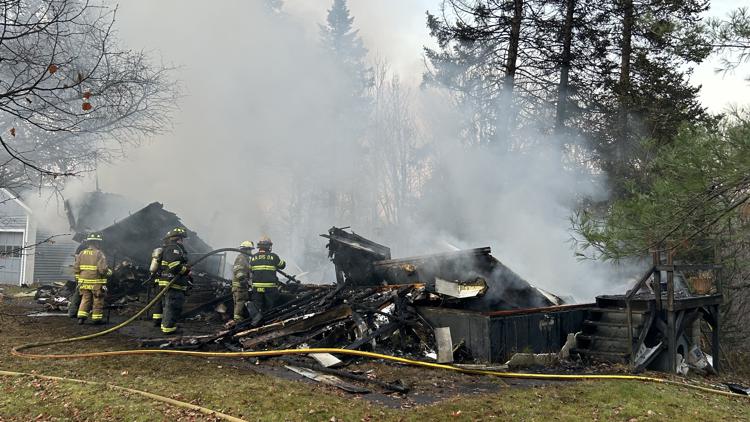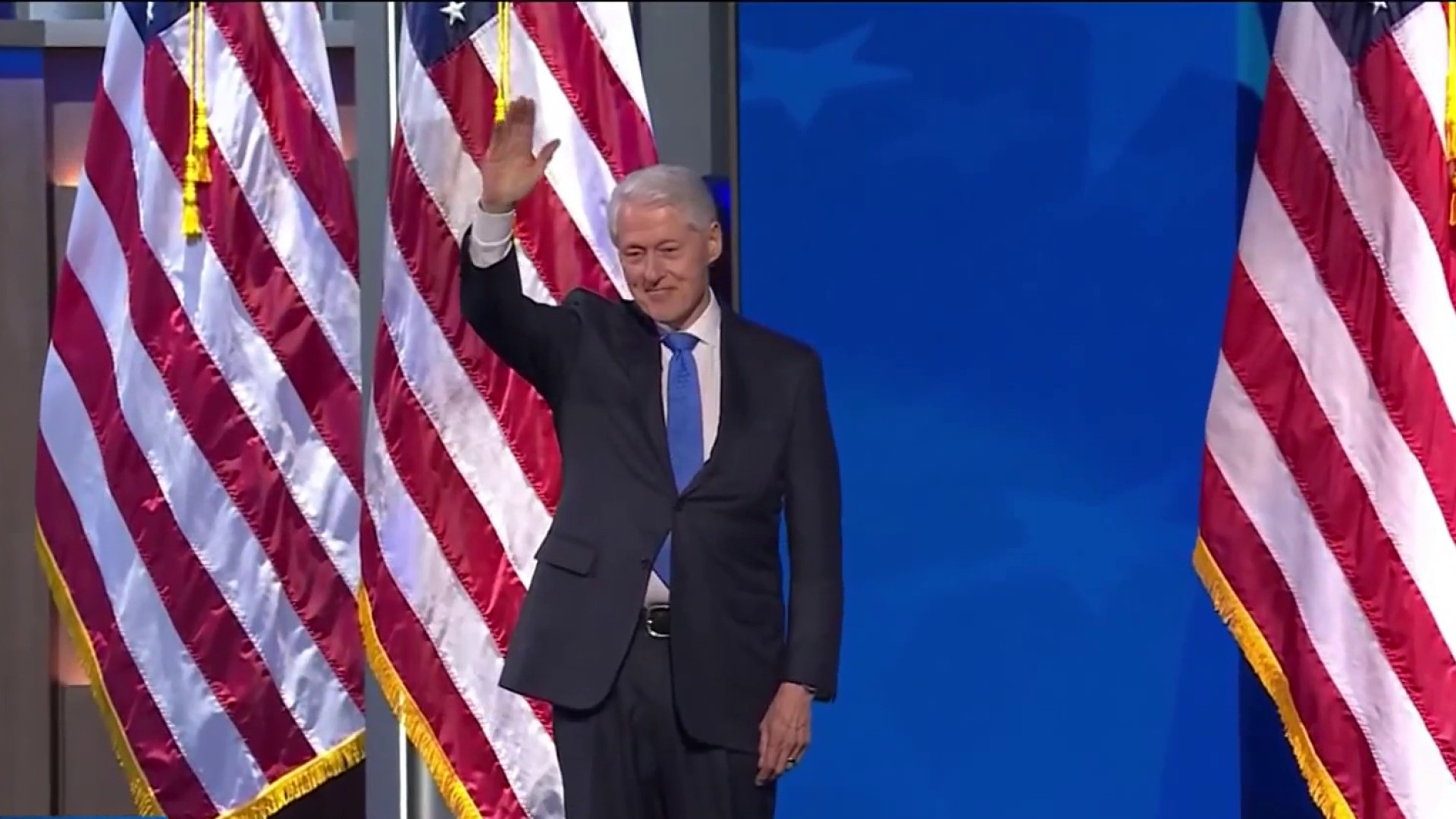As vaccinations continue across the U.S. with children as young as 12 now eligible, how effective is each vaccine and when could booster shots be needed at some point?
According to medical experts, the three vaccines currently available each offer protection.
WATCH ANYTIME FOR FREE
Stream NBC10 Boston news for free, 24/7, wherever you are. |
Here's a breakdown:
How Long Does the Pfizer Vaccine Last? What About Moderna?
Get updates on what's happening in Boston to your inbox. Sign up for our News Headlines newsletter.
Pfizer and BioNTech said previously that data from their Phase 3 trial showed high levels of protection against COVID six months after second doses.
Research has also suggested the protection the Moderna vaccine gives against COVID-19 lasts for at least six months.
Both reports were based on follow-up tests in dozens of people who received the shots during studies that led to the vaccines’ use. Those studies were done before troubling new variants, or versions of the coronavirus, had emerged and started to spread.
Local
In-depth news coverage of the Greater Boston Area.
How effective are the COVID vaccines?
In clinical trials, Moderna's vaccine reported 94.1% effectiveness at preventing COVID-19 in people who received both doses. The Pfizer-BioNTech vaccine was said to be 95% effective.
A new CDC study reported that a single dose of Pfizer's or Moderna's COVID vaccine was 80% effective in preventing infections. That number jumped to 90% two weeks after the second dose, the study on vaccinated health care workers showed.
"These findings indicate that authorized mRNA COVID-19 vaccines are effective for preventing SARS-CoV-2 infection, regardless of symptom status, among working-age adults in real-world conditions," the U.S. agency wrote in the study. "COVID-19 vaccination is recommended for all eligible persons."
Pfizer's vaccine, the only one currently authorized for use in children as young as 12, also showed heightened effectiveness among adolescents.
Pfizer in late March released preliminary results from a vaccine study of 2,260 U.S. volunteers ages 12 to 15, showing there were no cases of COVID-19 among fully vaccinated adolescents compared with 18 among those given dummy shots.
More intriguing, researchers found the kids developed higher levels of virus-fighting antibodies than earlier studies measured in young adults.
The FDA said J&J’s vaccine offers strong protection against what matters most: serious illness, hospitalizations and death. One dose was 85% protective against the most severe COVID-19 illness, in a massive study that spanned three continents — protection that remained strong even in countries such as South Africa, where the variants of most concern are spreading.
The CDC reports J&J/Janssen vaccine was 66.3% effective in clinical trials at preventing COVID-19 illness in people who had no evidence of prior infection 2 weeks after receiving the vaccine.
"The vaccine had high efficacy at preventing hospitalization and death in people who did get sick," the CDC notes. "No one who got COVID-19 at least four weeks after receiving the J&J/Janssen vaccine had to be hospitalized."
It is not known if any of the three vaccines prevent the spread of the virus by people who are asymptomatic, though the CDC noted that "early evidence suggests that the J&J/Janssen vaccine might provide protection against asymptomatic infection."
While the overall effectiveness data may suggest the J&J candidate isn't quite as strong as the two-dose Pfizer and Moderna options, all of the world’s COVID-19 vaccines have been tested differently, making comparisons nearly impossible, CNBC reported.
Will a Booster Shot Be Needed?
COVID-19 booster shots could be needed for fully vaccinated people within a year, the Food and Drug Administration's top vaccine regulator said Tuesday, CNBC reports.
"So, hopefully, you know, it would be nice if it'll turn out that it'll be a year before anyone might need a booster," Dr. Peter Marks, director of the FDA's Center for Biologics Evaluation and Research, said during a virtual press conference with high school and middle school journalists.
"But we still don't know," he added. "It could be more, it could be a little less but ... this is just something we're gonna have to figure out as we go."
Questions about vaccine effectiveness have been paired with a rise in spread of multiple COVID variants.
So far, studies suggest that the vaccines currently in use can recognize the emerging variants — but they may not provide quite as much protection against the new strains.
Pfizer's latest study results, however, suggested that the vaccine is effective against the coronavirus variant that first emerged in South Africa.
“These data also provide the first clinical results that a vaccine can effectively protect against currently circulating variants, a critical factor to reach herd immunity and end this pandemic for the global population," Ugur Sahin, CEO and co-founder of BioNTech, said in a statement.
But Sahin told CNBC in a recent interview that researchers are seeing a decline in antibody responses against the virus after eight months.
"If we provide a boost we could really amplify the antibody response even above the levels that we had at the beginning and that could give us real comfort for protection for at least 12 months, maybe 18 months," Sahin said. "And this is really important in a time where all the variants are coming in."
In mid-March, CNBC reported the J&J shot demonstrated 64% efficacy in South Africa, where the more contagious and virulent B.1.351 variant was rapidly spreading.
Still, White House chief advisor Dr. Anthony Fauci said during an interview with MSNBC's Medhi Hasan last month that people may need to get booster shots in a year.
Pfizer CEO Albert Bourla also previously said people will "likely" need a third dose within 12 months of getting fully vaccinated.
Boosters and new versions of vaccines that target the variants are already being explored.
Pfizer-BioNTech is testing a third booster shot of its vaccine on fully vaccinated people.
"The flexibility of our proprietary mRNA vaccine platform allows us to technically develop booster vaccines within weeks, if needed," Sahin said in a release.
Moderna is also testing a potential third dose of its current vaccine, and a possible booster shot specifically targeting the South Africa variant. Citing early data, the company recently said the booster vaccine generated a promising immune response against the B.1.351 and P.1 variants first identified in South Africa and Brazil, respectively.
Meanwhile, Johnson & Johnson CEO Alex Gorsky said during an interview with CNBC's "Squawk Box" earlier this month that the company is well-positioned to adapt its vaccine for variants, and is working on developing software that will "help address some of these new and emerging variants."
"We continue to try to project what will happen," Illinois Department of Public Health Director Dr. Ngozi Ezike said last week. "Again, the boosters, we're not even sure, you know, when that will be, if that will be, if it'll be new vaccines or the same vaccines."



